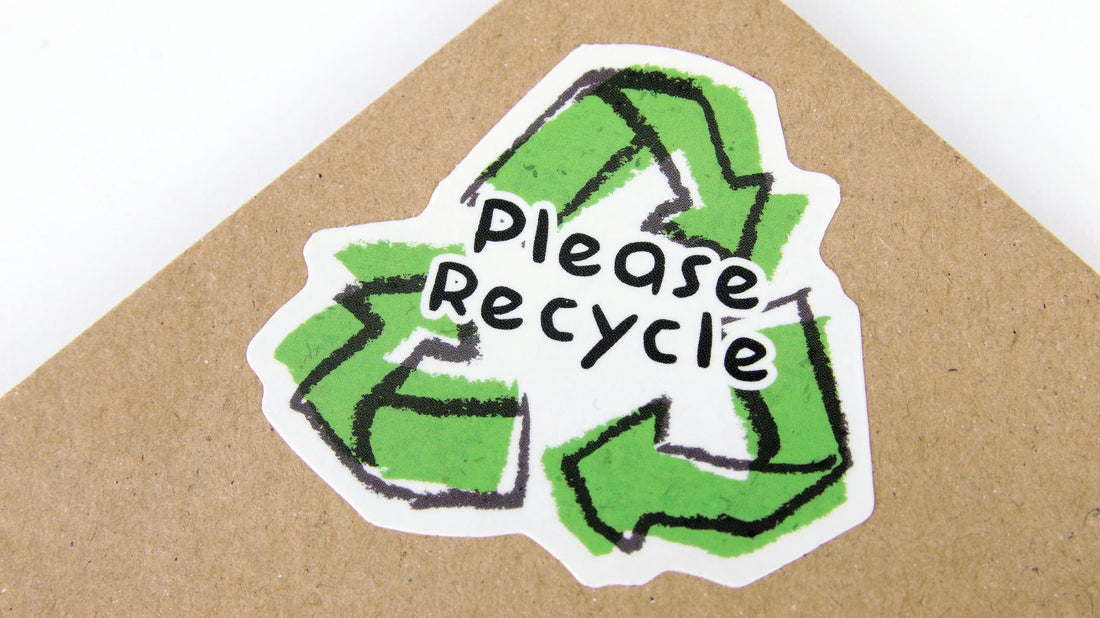Eco-Friendly Shopping: Is It Really as Green as It Says?

Eco-Friendly Shopping: Navigating the Green Labyrinth
In a world increasingly conscious of environmental concerns, eco-friendly shopping has emerged as a beacon of hope, promising to align our purchasing habits with our commitment to a sustainable future. However, amidst a sea of greenwashed claims and conflicting labels, discerning genuine eco-friendly practices can be a daunting task. To navigate this complex landscape with clarity, let's delve into the intricacies of eco-friendly shopping, uncovering the truth behind the labels and empowering informed, sustainable choices.
Defining Eco-Friendly Shopping: A Journey Beyond Buzzwords
At its core, eco-friendly shopping revolves around making environmentally conscious choices when purchasing products and services. It's about seeking out items that have a reduced carbon footprint, utilize sustainable materials, minimize waste, and uphold ethical and eco-conscious practices throughout their lifecycle. Eco-friendly shopping is not merely a passing trend; it's a transformative approach to consumption that empowers individuals to make a tangible difference for the planet.
The Rise of Eco-Conscious Consumers: A Call for Authentic Practices
The growing awareness of environmental issues, climate change, and the impact of consumerism on our planet has awakened a wave of eco-conscious consumers. People are actively seeking products that align with their values and contribute to a more sustainable future. This shift in consumer sentiment has not gone unnoticed by businesses, who are increasingly adapting their practices and marketing strategies to cater to the eco-friendly consumer base.
Navigating the Greenwashing Maze: Separating Fact from Fiction
While many businesses genuinely strive to adopt eco-friendly practices, there's a notable dark side to the eco-friendly shopping landscape – greenwashing. Greenwashing is a deceptive marketing practice employed by some companies to create a false impression of their products being environmentally friendly. They may employ eco-friendly buzzwords, use misleading labels, or exaggerate the environmental benefits of their offerings to attract eco-conscious consumers. This tactic undermines the credibility of genuine eco-friendly practices and hinders the progress towards a sustainable future.
To make informed eco-friendly shopping choices, it's crucial to separate fact from fiction:
- Certifications Matter: Look for recognized eco-certifications such as ENERGY STAR, Fair Trade, USDA Organic, or Forest Stewardship Council (FSC) for wood products. These certifications undergo rigorous assessments and provide transparency about a product's eco-credentials.
- Check Ingredients and Materials: Investigate the ingredients and materials used in a product. For instance, in the realm of fashion, organic cotton or recycled materials may be genuinely eco-friendly choices.
- Consider the Entire Lifecycle: Evaluate a product's entire lifecycle, from production and transportation to its eventual disposal. Eco-friendly choices should minimize negative environmental impacts at every stage.
- Research the Company: Investigate a company's commitment to sustainability. Are they transparent about their environmental goals and practices? Do they support social and ethical initiatives?
- Question Green Claims: Be skeptical of extravagant green claims or exaggerated environmental benefits. Seek independent verification and do your research to ensure the claims are credible.
The Impact of Eco-Friendly Shopping: A Force for Positive Change
Eco-friendly shopping, when practiced authentically, can have a profound impact on the environment. It encourages businesses to adopt sustainable practices, reduces the demand for resource-intensive products, and supports ethical labor practices. However, the effectiveness of eco-friendly shopping also relies on collective action, corporate transparency, and governmental regulations.
The Responsibility of Consumers: Shaping a More Sustainable Future
Consumers play a pivotal role in driving the eco-friendly shopping movement. By making informed choices, supporting sustainable brands, and holding companies accountable for their eco-claims, individuals can help ensure that eco-friendly shopping remains a genuine force for positive change.
Conclusion: A Path to Sustainable Consumption
Eco-friendly shopping, when approached with vigilance and informed decision-making, can indeed be the green force we need to mitigate the environmental impact of our consumption habits. By recognizing the true meaning of eco-friendliness, consumers can empower themselves to make conscious choices that support authentic sustainability efforts. As we collectively embrace eco-friendly practices, we can pave the way towards a future where responsible consumption and environmental harmony converge.
